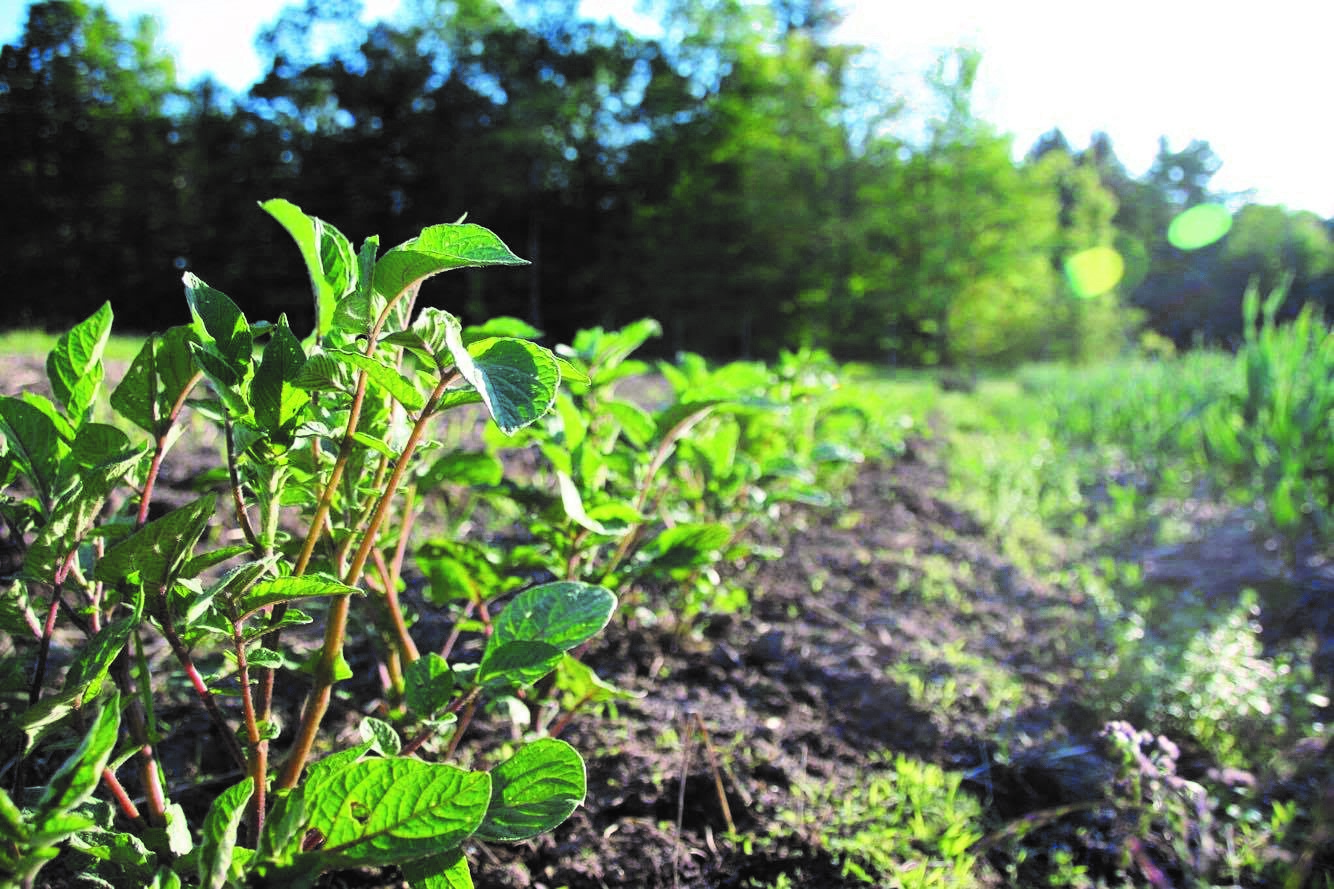Beginning this year, the Sustainability Program is transitioning from a semester long sequestration off-campus to a year-long program that allows students to maintain an active and engaged campus life.
For those of you completely unfamiliar with any incarnation of the Sustainability Program, it is an off-campus program rooted in the value of experiential learning. Students live and work on an organic farm, learning about sustainable agricultural practices as well as topics outside of organic farming relevant to sustainability. In point of fact, according to the University’s description of the program online, one class offered this semester is centered on the rhetoric surrounding environmental advocacy work, instructing students on how to best communicate with different audiences with different goals in mind. Living and working on an organic farm is an extremely important component of the program, but it does consist of more than the day-to-day chores that come with operating an organic farm; the core classes of the program, like the one mentioned above, challenge students intellectually and have them thoroughly reckon and engage with the concept of sustainability. (To find out more about the ongoing courses, as well as what courses might be offered in the fall, visit the program’s webpage at http://www.stlawu.edu/sustainability-program/course-overview.)
Students live and work on the farm with resident homesteader Sam Joseph, who teaches one of the required courses and is responsible for the maintenance and upkeep of the garden and farm. Although professors come and teach classes on the farm, Sam’s job is arguably the most critical to the operation of the semester in that he lives and works next to the students – he being nexus between students and sustainable farm practice in the garden.
The Hill News spoke with Sam to clarify what changes have been made to the program and how they affect the day-to-day life of students living on the farm. He said that in its original conception the Sustainability Semester/Program was created with the model of the Adirondack Semester in mind. It was the goal of the program to isolate students and cut them off completely from campus life. The duration was only one semester, now it is a year, and students were required to take most all of their classes on the farm. The program, as of this semester, has been tweaked so as to reflect the interests of the St. Lawrence student body as well as a paradigm shift on the part of the directors of the program. Program participants are no longer isolated from campus, but are seen as ambassadors between the farm and St. Lawrence, and help in the cumbersome job of addressing issues of sustainability on campus – whether that be selling produce grown on the farm to Dana or participating in on-campus energy reduction campaigns, like Negawatt.
In light of the changes made, Sam encourages students living on campus to become involved with the program or to simply visit the farm for a home-cooked meal with program participants. He says that students should participate in the program because it affords benefits like tasty home-cooked meals made with fresh produce, and living with like-minded, enthusiastic individuals, who bring a positive attitude to tackling such large-scale problems like climate change and the environmental impact of industrial agricultural. Sam furthermore noted that one benefit of the changes to the program is that students unable to travel abroad because of strict major requirements can still participate in the Sustainability Program and experience living off campus for a semester. Students can take classes on campus and transportation between campus and the farm is provided by the university, making it possible for any student of any major, even without personal transportation, to enroll in the program. He finally said that “in extending the program to a year, students get to experience a whole year’s cycle on the farm and are not limited to a small, semester’s glimpse.”
Students daunted by the prospect of living on an organic farm, or off campus, but interested in environmental activism and advocacy should seriously consider the Sustainability Program. With the changes that have been made, participants are very much connected to campus insofar as they can still partake in classes, campus activities, and are even given the chance to work with the University in addressing concerns of sustainability.



